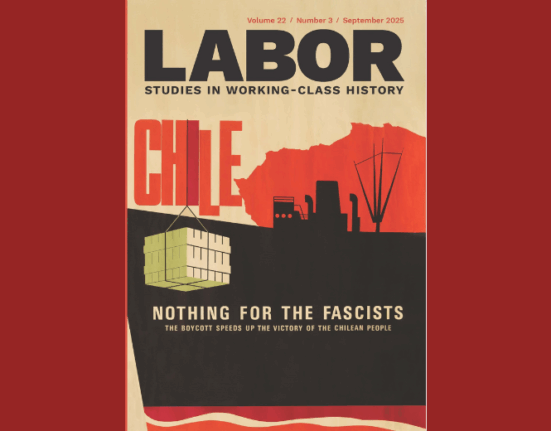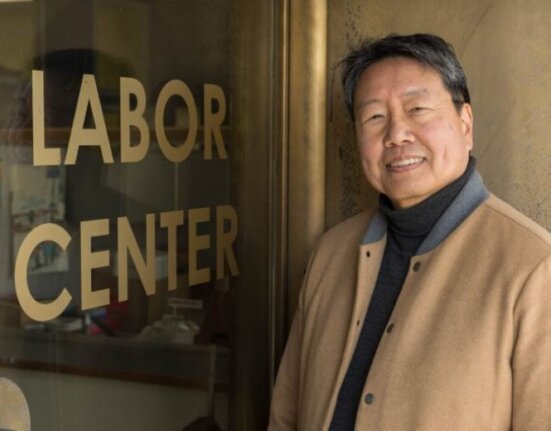The latest issue of Labor:Studies of Working Class History of the Americas has an excellent forum (available on the right side of this screen, courtesy of Duke University Press) on the legacy of Title VII of the Civil Rights Act of 1964. A half-century after the Civil Rights Act passed, the American workforce looks far different than in 1964 and the nation has certainly not achieved equality at work. Yet Title VII accomplished a tremendous amount, giving workers a legal tool to force the desegregation of much of the American workplace.
The essays touch on two major themes. First, government must play an essential role in ensuring labor rights. For as much as we labor historians like to focus on worker power, solidarity, and organizing, it’s hard to ignore how workers have almost always needed government action to create positive change for the American working class. Nancy McLean calls Title VII the most “far-reaching and enduring impact” of the Civil Rights Act because it undermined the right of individual employers to discriminate. As Rand Paul attempts to bring back this language of individual property rights today, it’s important to remember how pernicious these ideas were and how it took Title VII to give workers the tools to fight them. Class-action lawsuits based on Title VII violations convinced corporations to create a more inclusive workplace. Gavin Wright demonstrates how the biggest Title VII gains came in the black share of white collar employment, advances that continued long past the Reagan Revolution took hold of American politics. Thomas Sugrue discusses the critical role of federal employment practices had on the economic status of African-Americans, even though Title VII didn’t apply to the government until 1972. Lyndon Johnson however issued Executive Order 11246 in 1965 that required government agencies to create equal opportunity programs and demanded contractors desegregate work.
The essays’ second major theme is Title VII’s limited effectiveness. This is certainly true. Ronald Reagan’s victory in 1980 effectively ended the era of Title VII’s greatest impact, as it did for so much liberal legislation. The economic shifts of outsourcing, globalization, and temp work has undermined the stability of the working class and thus of the legislation creating greater equality at the workplace. Eileen Boris points out that Title VII never had the revolutionary change for women that it had for African-Americans, as the unpaid labor of care continues to be the basis for discrimination today. Touré Reed discusses how in the conservative era, the legacy of Title VII has become diversity rather than economic justice. Wright closes by stating that we need something much stronger than Title VII to deal with workplace fairness today.
Wright is certainly correct. Little legislation passed fifty years ago can effectively deal with modern issues. But if Title VII shows anything, it’s that we have to once again convince the federal government to pass comprehensive legislation to reform the workplace if greater workplace justice is to be achieved. Alas, we are very far from that in 2014.
So, enjoy this free access to the forum and consider joining the discussion about the continuing relevance or problems of this landmark legislation.








